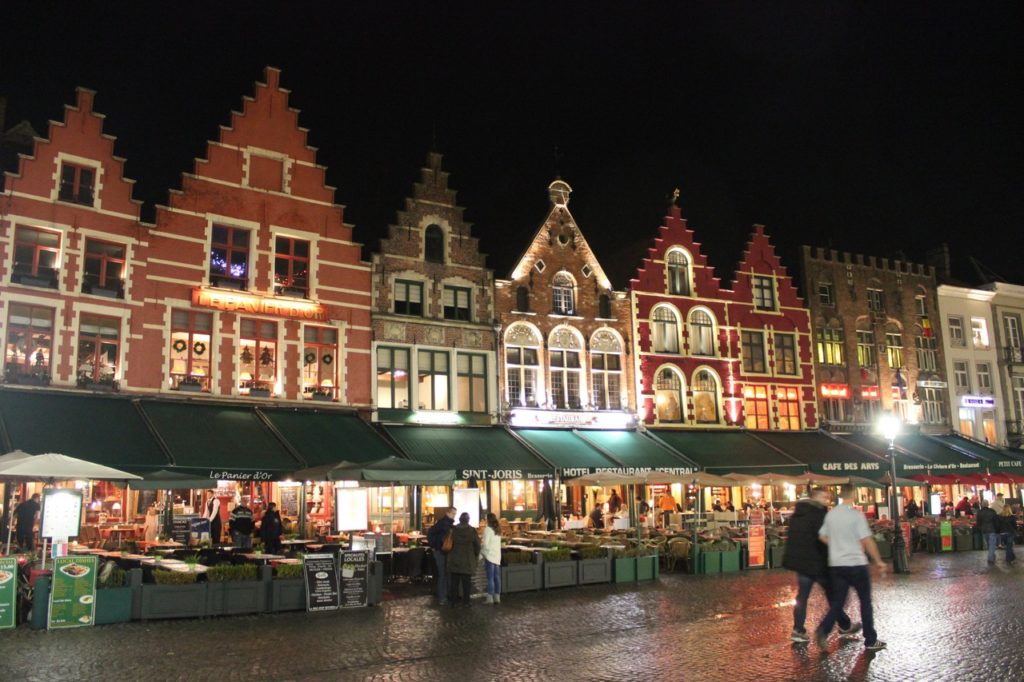One of the first measures to be introduced back in March to help combat the spread of the coronavirus (Covid-19) was the immediate closure of all bars and restaurants.
Now, more than two months later, while other measures like the closure of shops and hairdressers have been relaxed, the horeca sector (hotel-restaurant-cafe) remains in lockdown. There is as of yet no official indication of when that might end, but the sector itself is hoping for – and preparing for – a return in June.
According to Comeos, the federation for commerce and service industries, the horeca sector is losing €47 million a day from the lockdown. Some restaurants have been able to limit the damage by operating a takeaway and/or delivery service in the meantime, but for most – and for all bars, cafes and tearooms – the losses have been substantial.
And there are hidden losses. Businesses who were operating above board were able to send their employees on temporary unemployment, which guaranteed them 70% of their basic income – not counting earnings on tips, which is important to the sector.
However it is an open secret in the industry that off-the-books employment is rife. Some employers only declare some of the hours worked by staff; others have people working entirely ‘in the black’ in back kitchens or openly behind the bar.
When the shutters came down, those employees had nowhere to turn.
Now, whether the revival comes on June 8 as many hope, or later in the month, the return will only be partial.
Local authorities have taken steps to open up streets for the expansion of terraces to allow more customers while observing rules on social distancing (with or without the help of pool noodles). In Brussels, for example, owners can submit a form document to apply for extended terrace space.
But extending terrace space is not an option for all. Meanwhile, inside the premises, it is difficult to see how clients can be accommodated when bar stools have to be placed 1.5m apart.
According to Olivier Willocx of the Brussels chamber of commerce Beci, a package of aid measures worth no less than €400 million would be required to relaunch the horeca sector with the least damage.
“The centre of Brussels contains about 10% of the catering industry establishments in the region,” he told Bruzz. “Moreover, these are mainly businesses in the tourist districts. When the industry opens its doors again, we are very concerned about that part of the sector. Local businesses will recover more quickly than those who mainly rely on tourism.”
Another initiative comes from the parties of the pre-election federal coalition (N-VA, MR, Open VLD and CD&V) to reduce the VAT charged by the sector to 6% from 21% at present. That would allow businesses to charge the same prices, while keeping more of the income for themselves.
One economist, however, immediately pointed out that the lowering of VAT – in France in 2009 and in Belgium more recently as compensation for the introduction of the so-called smart cash register – has little or no effect on the economy of the sector, but does leave a hole in the national budget.
“Why not direct compensation for losses?,” Gert Peersman, professor of economics at Ghent university tweeted. “Much more efficient and only a temporary effect on the budget.”
Alan Hope
The Brussels Times

